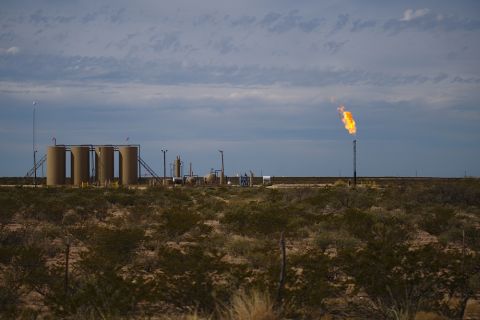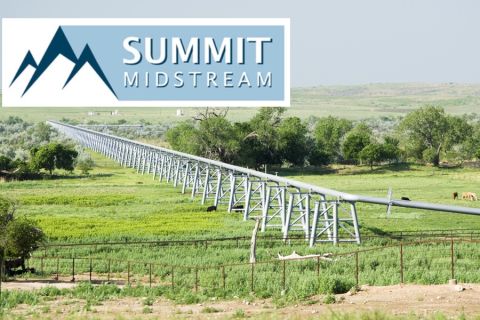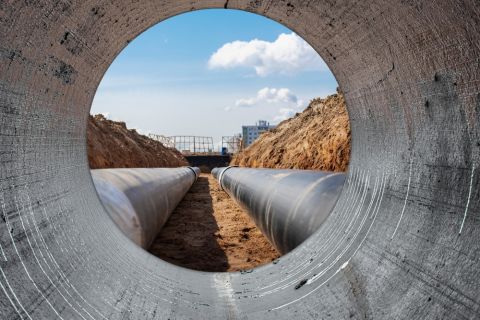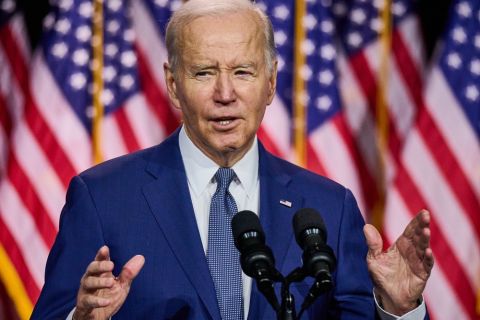Learn more about Hart Energy Conferences
Get our latest conference schedules, updates and insights straight to your inbox.
Asian spot liquefied natural gas (LNG) prices slid for a second consecutive week, dragged down by healthy inventory levels in both Asia and Europe amid a relatively mild winter, while also recording an annual decline.
The average LNG price for February delivery into northeast Asia ended the year at $28 per million British thermal units (mmBtu), down $3, or 9.7%, from the previous week, industry sources estimated.
On an annual basis, Asian LNG prices were down 17% after two years of strong gains of over 100%, capping a year of volatility following Russia's invasion of Ukraine and its move to cut gas supplies to Europe.
Global gas prices had surged to record levels as Europe imported record cargoes of LNG to compensate for cuts in pipeline supplies. Asian LNG prices spiked to historical highs of $70.50 mmBtu in late August ahead of a key pipeline outage, before easing for the rest of 2022 on ample stockpiles in Europe and key North Asian markets.
"Asian buyers continue to be well supplied with healthy inventory levels," said Edmund Siau, LNG analyst at consultancy FGE, adding that increased nuclear and coal output from Japan and South Korea had resulted in lower spot LNG requirements as well.
Siau added that European gas inventories had showed net injections this past week, "highly unusual this time of year and bearish for gas prices."
"Winter has been very kind to Europe this year, and any gas saved today will certainly come in handy next year."
S&P Global Commodity Insights assessed its daily Northwest Europe LNG Marker price benchmark, for cargoes delivered in February on ex-ship (DES) basis, at $24.682/mmBtu on Dec. 29, a discount of $1.875/mmBtu to the February gas price at the Dutch TTF hub.
"In Europe, there is more downside pressure on prices due to windier weather and improved nuclear production in the continent, aside from warmer temperatures and relatively high storage levels," said Ryhana Rasidi, gas and LNG analyst at data analytics firm Kpler.
Stronger wind power output typically reduces demand for gas from power plants.
According to Gas Infrastructure Europe data, Europe's gas storage sites were 83.2% full overall, with the region's biggest consumer Germany seeing filling levels of 88.2%.
Warmer temperatures have also dampened Germany's gas consumption last week, down by nearly a quarter from its past four years' average, the country's energy regulator said on Dec. 29.
Meanwhile, LNG freight rates continued their decline this week, though at a slower pace, said Eleni Balomenou, analyst at Spark Commodities.
Spark's Atlantic rate for tankers on Dec. 30 fell to $145,500/d while the Pacific rate declined to $156,750/d.
Recommended Reading
Waha NatGas Prices Go Negative
2024-03-14 - An Enterprise Partners executive said conditions make for a strong LNG export market at an industry lunch on March 14.
Kinder Morgan Exec: Don’t Count Out Midstream in M&A Frenzy
2024-04-02 - Kinder Morgan’s Allen Fore said 2024 should be an ‘interesting’ year in M&A during a discussion at DUG GAS+ Conference and Expo.
Summit Midstream Launches Double E Pipeline Open Season
2024-04-02 - The Double E pipeline is set to deliver gas to the Waha Hub before the Matterhorn Express pipeline provides sorely needed takeaway capacity, an analyst said.
Targa Resources Forecasts Rising Profits on 2024 Exports
2024-02-20 - Midstream company Targa Resources reports a record fourth quarter in volumes and NGL fractionation.
EQT CEO: Biden's LNG Pause Mirrors Midstream ‘Playbook’ of Delay, Doubt
2024-02-06 - At a Congressional hearing, EQT CEO Toby Rice blasted the Biden administration and said the same tactics used to stifle pipeline construction—by introducing delays and uncertainty—appear to be behind President Joe Biden’s pause on LNG terminal permitting.





